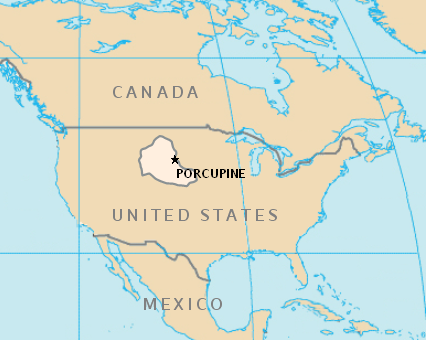- Mar 11, 2015
- 83,597
- 50,496
Only way that can happen is to have a white only forum and a black only forum. Segregation, ya know. Oh. Wait. Thats a bad thing. Oh. Wait. Blacks seem to want to separate from whites. Oh. Wait.I am specifically referring to the frequent assertions in this forum that Whites cannot understand Blacks and that they should not express any opinions about racial issues in the U.S. Combined with the latest canard about people having their own "realities," Where does that leave us? Is there any genuine interest in problem resolution, or is it all just a political guilt game designed to influence public opinion?
Of course it's possible to have such a conversation. Just not here in the "Screeching, Irrational, Idiotic, Hateful Racist Forum."
It would be nice if the site had a forum for reasonable conversations.
Far too many whites here suffer from the same psychosis this person does. This is what happens when you let stormfront enter your forum.





